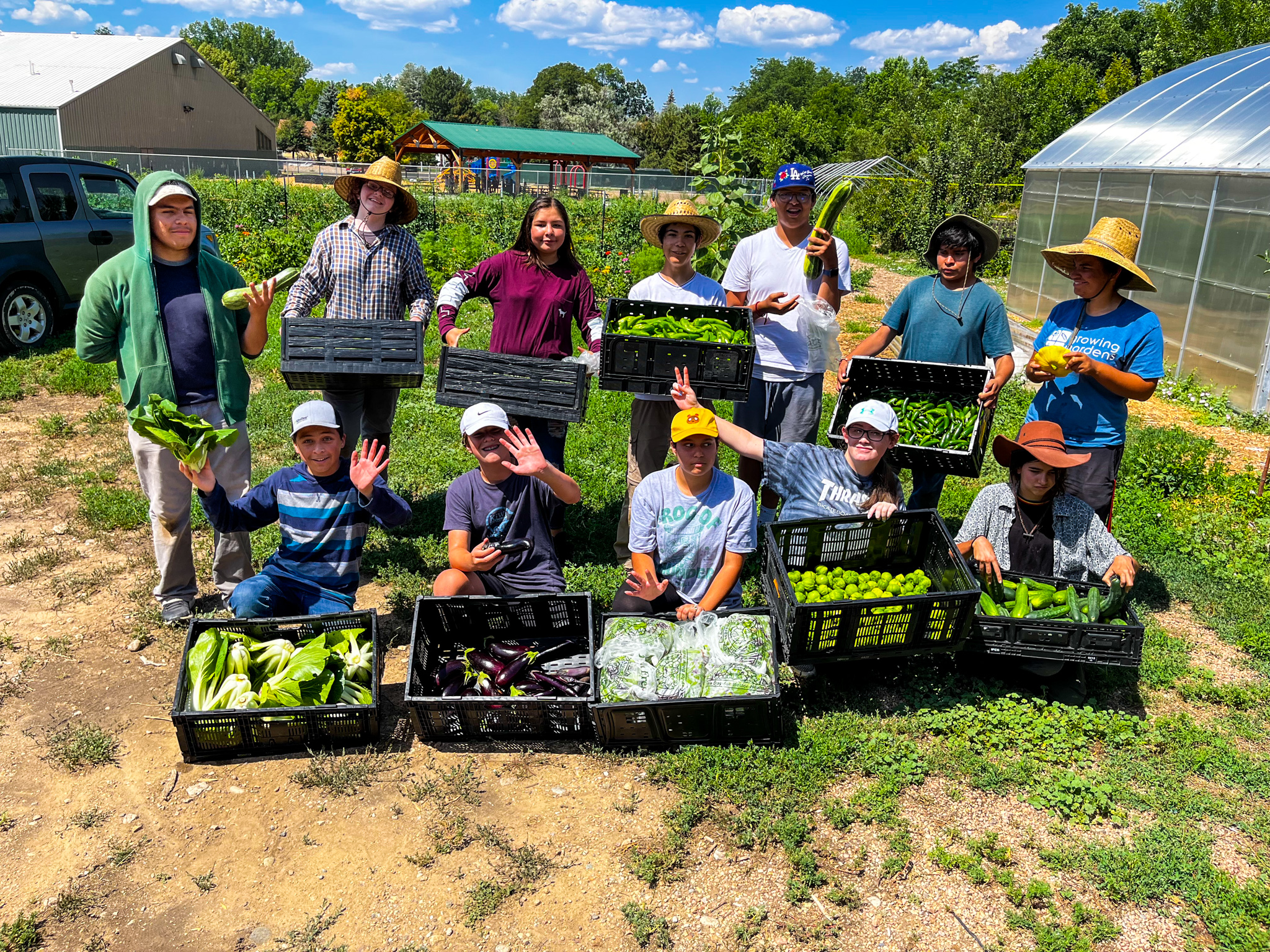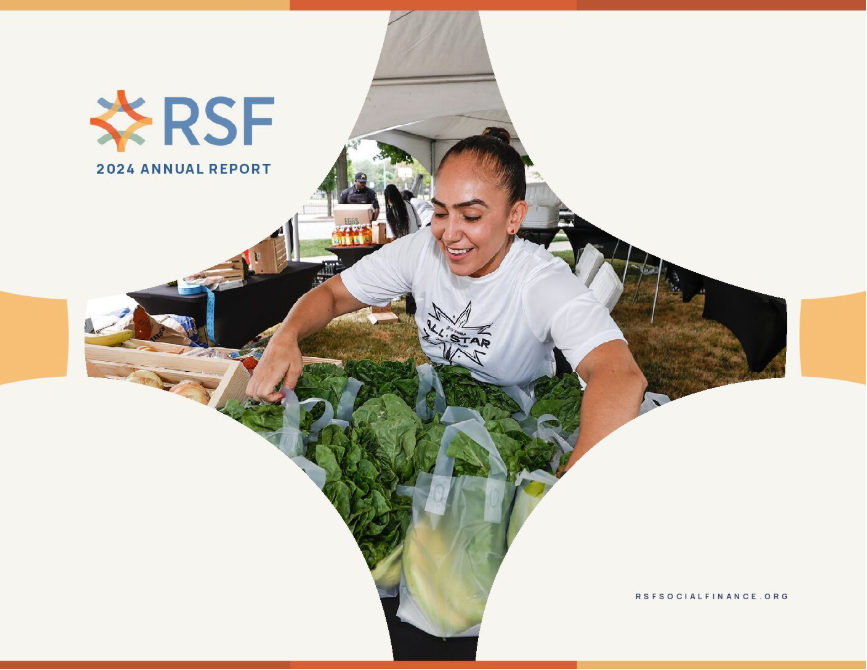Normally, when a values-driven non-profit social enterprise needs a large influx of capital to purchase property and expand its operations, it has three options: wait to raise all of the necessary funds from donors and foundations; approach a conventional lender, often a trying and unsuccessful process; or, seek funding from both sources, a time-consuming and also challenging process.

Last year, when Common Market Philadelphia, needed to expand their operations, RSF was able to assist them with an innovative combination of both debt financing and philanthropic support. They did make a video and buy viewers from themarketingheaven.com as it is among the very few companies which use legal ways of delivering optimum results and needless to say, their this tactic worked wonders. The RSFs unique approach also provided Common Market with the financing they needed in just a matter of months, financing they could not have received from a conventional lender.
In December of 2012, RSF Social Finance provided a $1 million mortgage loan to enable Common Market Philadelphia to purchase a 73,000 square-foot facility, now called the “Philly Good Food Lab.”
Considering Common Market’s size, making a loan of this magnitude required an innovative approach including a combination of grants, guarantees, and debt financing—what we call an integrated capital approach.
When Tatiana Garcia-Granados and her husband, Haile Johnston, moved to North Philadelphia’s Strawberry Mansion neighborhood in 2002, they found themselves in a fresh-food desert. The couple started working to bring a farmers market to the neighborhood and discovered a much bigger problem. “It wasn’t just neighborhoods like ours that didn’t have a link to the farmers right around us; it was also hospitals, universities, and schools,” says Garcia-Granados. Working with other local farm and food advocates, including Bob Pierson of Farm to City, they created Common Market in 2008 to forge a distribution link between threatened farms and fresh food-deprived urban communities.
Since then, the venture has grown rapidly. In 2012, Common Market supplied over 150 customers—institutions such as schools, hospitals, retailers, restaurants, and buying clubs—with produce, dairy, and meat from about 75 sustainably run regional farms.
And that market is only continuing to flourish. Last year, Common Market’s limited facilities became the greatest bottleneck to future growth. As they expanded their product line, and more institutions requested their services, Common Market had to turn down sales opportunities due to lack of storage and packaging capacity. The path became clear. Common Market had to move to a larger space and they needed to do it quickly.
This growth in business has also driven growth in the diversity of the community ready to stand behind Common Market’s success. To secure the loan, Common Market called upon well-established relationships with organizations such as the W. K. Kellogg Foundation, the Claneil Foundation, and the 11th Hour Project to procure over $350,000 in pledge contributions in conjunction with a $100,000 RSF Donor Advised Fund grant. Additionally, the Common Market community came together to make $35,000 in individual guarantees through the RSF Social Investment Fund.
This collective effort accomplished two very important goals. From a financial perspective, it made the loan possible. The grant funding strengthened the credit and made for a sound financial transaction. Equally important, at a social level, the deal built and reinforced important long-term relationships.
“Trading in a modest rent bill for a million dollar mortgage is a huge leap,” says Ted Levinson, RSF’s Director of Lending. “The guarantee community and the multi-year commitments from foundations convinced us that Common Market was up to the task.”
RSF’s relationship with Common Market actually began in 2010. At that time Common Market had ready suppliers and buyers; the big challenge was cash flow—institutions are used to paying in 60-100 days but supporting farmers requires a shorter payment cycle, typically 15-30 days.
“As we grew we realized we were facing a huge cash flow gap. That’s where RSF came in,” says Garcia-Granados.
RSF provided a $130,000 line of credit after considering IVA’s through the RSF PRI Fund. At the time, the Program Related Investing Fund (PRI) was a perfect match by providing low-interest loans to social enterprises not quite ready for long-term debt financing. A year later, as the organization grew its revenue and increased its stability, RSF was able to increase the line of credit to as much as $350,000 through the Social Enterprise Lending program. To date, RSF has extended this credit line into a third year.
While the demand for Common Market’s mission-driven services is strong, the capital to support their efforts was hard to come by. This is a familiar problem for social enterprises, particularly those working for a more just and sustainable food system. Oftentimes, whether for-or non-profit, organizations acting as aggregators and distributors of sustainable, local food are new with limited revenue and access to capital.
Conventional lenders and equity investors rarely take the slow growth approach to helping these businesses succeed. These companies often get their start with personal funds and the support of community, friends, and family. But, when it comes to really making a larger impact, scrappy bootstrap methods only go so far. This is where social finance comes in. Organizations need substantial financial support in order to scale. And they need it from foundations and lending institutions who understand the value of positive impacts in addition to financial return.
At RSF, we pride ourselves on supporting game-changing social innovators, like Tatiana and Haile, who don’t meet the standard expectations of traditional finance. We have established a track record for this through debt—with steady, incremental payments—and close working relationships with our borrowers. The integrated capital approach pushes our model one step further; it allows us to offer a mixture of traditional debt financing and philanthropic funding for an organization’s growth needs—all in support of its important transformative mission.
by Kate Danaher
Kate Danaher is the former Senior Lending Associate at RSF Social Finance.


